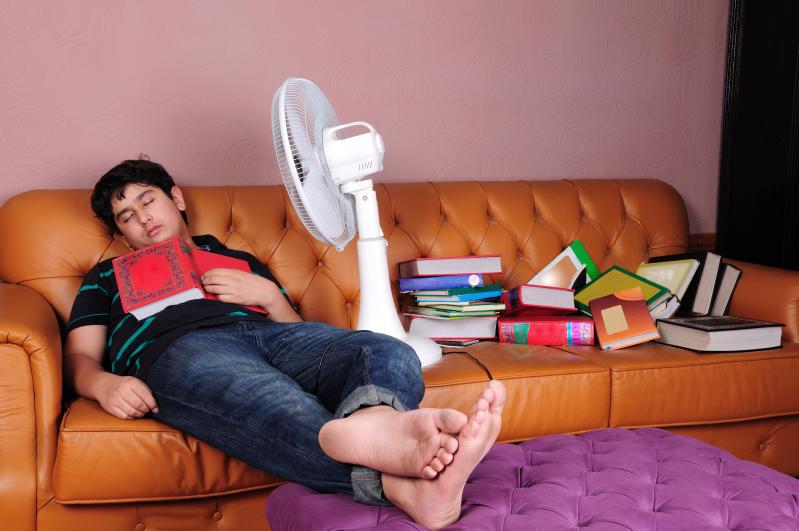While this tip may seem to be counterintuitive it actually has been proven to work.
Distract yourself with meaningless mental lists.
“The absolute prerequisite for sleep is a quiet mind. Think of something else, rather than what's worrying you — something with a story to it. It can be anything of interest, but of no importance, so you can devote some brain energy to it without clashing into the real world and going straight back to your worries.
I fly a lot, so I imagine I have my own private jet and how would I arrange the furniture on it. If you're someone who likes going to music festivals, what would your lineup be?” –– Neil Stanley, sleep expert
Try to stay awake instead.
“Thinking about sleep and wishing for it to happen is a recipe for staying awake. This is where paradoxical thinking comes in. If you give yourself the paradoxical instruction to stay awake instead, you'll be more likely to fall asleep.
If you can be comfortable with the idea of remaining awake, then the performance anxiety and frustration that are associated with trying to sleep have nowhere to go and your arousal level drops.” — Colin Espie, professor of sleep medicine at the University of Oxford
Get back in bed and do some deep breathing.
“Deep breathing … acts as a powerful distraction technique, particularly if paired with counting. You want to aim to breathe out for longer than you breathe in, and pause after breathing in and out; so you might choose to count for three when you breathe in, then pause and count to five when you breathe out, then pause.
Really focus on your breathing and counting, and if your mind wanders off, just take note of that and return your attention to the exercise. You may need to do this for ten minutes or so.” — Christabel Majendie, sleep therapist
Get some sun!
“Getting more sun exposure in the midmorning can help readjust the brain's internal clock and make it easier to fall asleep later that night.
Someone who can't seem to fall asleep at night may want to try getting as much exposure to natural light in the morning, essentially prepping themselves to fall asleep when they want to.” — David K. Randall, author of Dreamland: Adventures in the Strange Science of Sleep
While I know these may seem basic they really do work I have found that the days where I get little to no sun I have a harder time falling asleep and staying asleep. If only I could go back in time and take those naps my mom told me to take as a kid!
What about you? Do you have any tips or tricks that we can add to the list? IF so let us know in the comments below.
Source: CNN
Pages: 1 2
